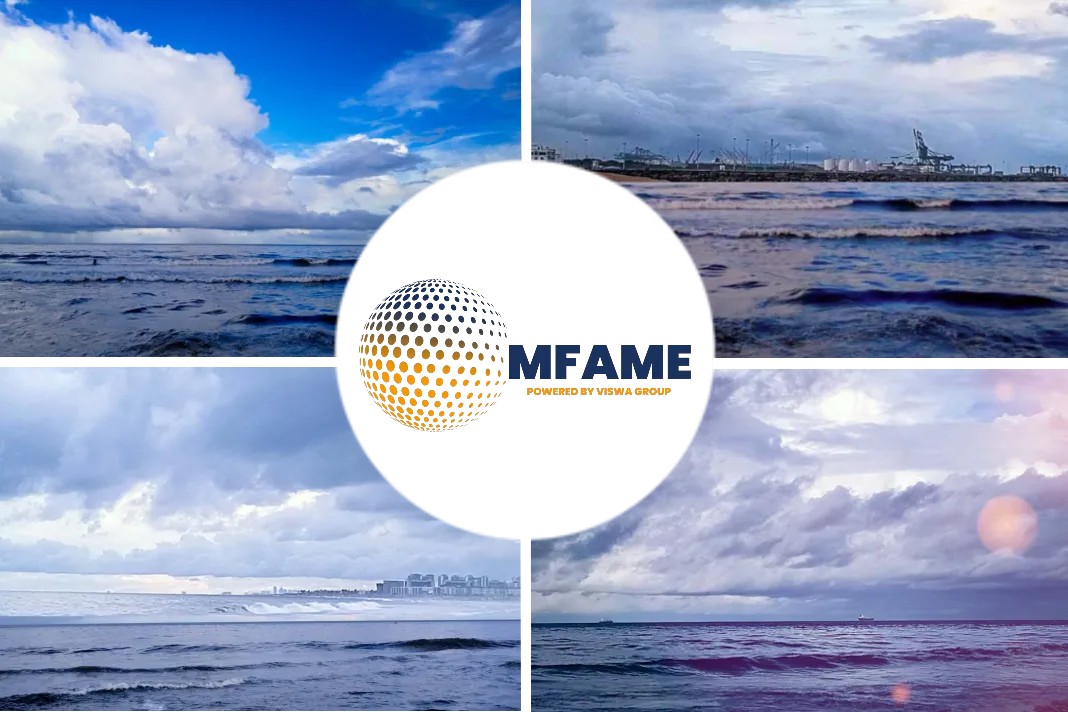According to a Reuters report, Ship assessors are resorting to virtual inspections of oil tankers to keep vessels afloat, as the coronavirus pandemic makes physical visits to check for seaworthiness tougher and a slump in fuel demand increases the need for ships as storage.
What is it?
- Oil tankers require rigorous inspections twice a year to reduce the risk of oil spills or mechanical collapse with polluting cargoes onboard.
- But the global pandemic has disrupted international trade, leaving merchant seafarers stuck on ships for weeks because of limits on air travel and bans on the movement of people even as some countries start easing restrictions.
- With an estimated 160 million barrels of surplus oil being kept onboard dozens of tankers because on-land storage is full, the situation is pressing.
- If restrictions on access to ships stay in place towards the final quarter of the year, tankers may be unable to store oil or sail until repairs can be carried out. This could drive up freight rates for shipping and storage, as fewer vessels will be seaworthy.
Shipping sources say many tankers are already overdue inspections to determine if a ship is fit to carry oil cargoes. The problems include the fear of infection and constraints on travel.
“If the crew or master does not feel safe with anyone coming onboard then you cannot put an inspector onboard,” said Rob Drysdale, a director with the Oil Companies International Marine Forum (OCIMF) association.
Remote Survey, the Solution?
As a solution, remote surveys are taking place via live streaming as the ship’s captain and other crew members walk around a vessel to specific areas for checks, drawing on previous inspection reports that have highlighted issues.
The effectiveness of virtual inspections only buys time, especially as many vessels in the global fleet are ageing.
Remote surveys can also take longer and require weeks of work to process versus a few days for an on-site inspection.
GROWING BACKLOG
OCIMF manages the Ship Inspection Report Programme (SIRE), the standard assessment carried out by tanker owners to identify any deficiencies with their ships.
It said SIRE inspections had by fallen 25% in April versus the same period last year following a 15% drop in March versus March 2019 when nearly 2,000 tankers were surveyed.
“The longer this situation goes on, the less accurate the older reports will be perceived and therefore the less likely report users are to accept them,” OCIMF’s Drysdale told Reuters.
Hugo De Stoop, chief executive of the world’s leading tanker group Euronav, said they expected some of their tankers would soon be due for inspection.
“We can use certainly cameras for the physical inspection that needs to take place,” he said, but added the industry would face “unknown territory” if the situation drags on.
Mark O’Neil, president of Columbia Shipmanagement, which is responsible for 170 tankers, said the company used a combination of local surveyors when possible as well as remote surveying.
“Where we cannot get a technical or marine superintendent to visit the vessels, we will rely much more on onboard technology to film and collect data – to put the onus on the crew to provide verifiable data to check and combine that with spot checks of local surveyor,” O’Neil said.
A Royal Dutch Shell spokesman referred comment to OCIMF, while BP did not respond to requests for comment.
Urgent Need for Inspections & Servicing
Just over 800 supertankers are trading in the world, data from valuations specialist VesselsValue showed.
Robert Hvide Macleod, chief executive of Frontline – another leading tanker group, said 24% of the global fleet of supertankers, which can each carry 2 million barrels of oil, were over 15 years old, adding to the strain.
“A large number of vessels are due for periodic dry dock, and quite a few of the vessels due have recently been granted short extensions, but this is temporary postponement only. The service must be carried out,” Macleod told an earnings call last week.
Did you subscribe to our daily newsletter?
It’s Free! Click here to Subscribe!
Source: Reuters















